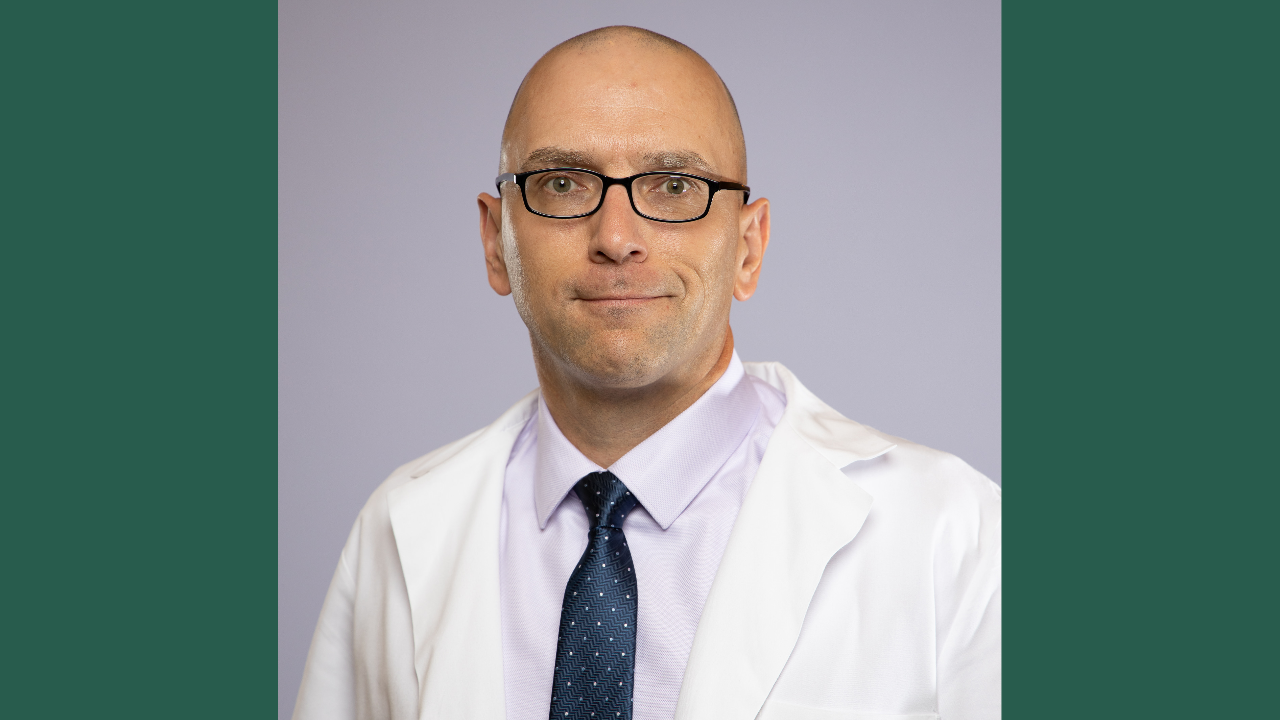Tulane offers minimally invasive skin cancer treatments that can save lives
Basal cell and squamous cell carcinomas are the most common types of skin cancer. Both are curable when caught early, which makes a routine skin check by a dermatologist an important part of staying healthy. Tulane University School of Medicine offers highly effective ways to treat both types of skin cancer, including both conventional excision and Mohs micrographic surgery. Jeffrey Lackey, MD, is a fellowship-trained Mohs micrographic surgeon who provides comprehensive care of cutaneous malignancies at both Tulane Medical Center in New Orleans and Lakeview Regional Medical Center in Covington.
Mohs micrographic surgery generally takes just a few hours to complete. Dr. Lackey removes the cancer under local anesthesia, then examines the tissue in a lab just steps away from the patient. If any cancer cells appear in the margins, Lackey will track it and clear it all. He typically clears most tumors in one or two attempts and, once the cancer is clear, reconstruction is done. Most patients are ready to go home in two or three hours.
“Some cases are more complex and challenging, and may take longer,” said Dr. Lackey. “But we almost always finish the Mohs surgery in one day and that saves the risk of general anesthesia and saves the waiting for turnaround time in laboratories.”
Skin cancer can affect anyone, but people who are light-skinned, those who have had a lot of sun exposure, and people who are immunocompromised are more at risk. Contact Tulane Dermatology for more information about skin health and to make an appointment with one of our board-certified dermatologists. For the downtown clinic, call (504) 988-1700. In Covington, call (985) 893-1291.

